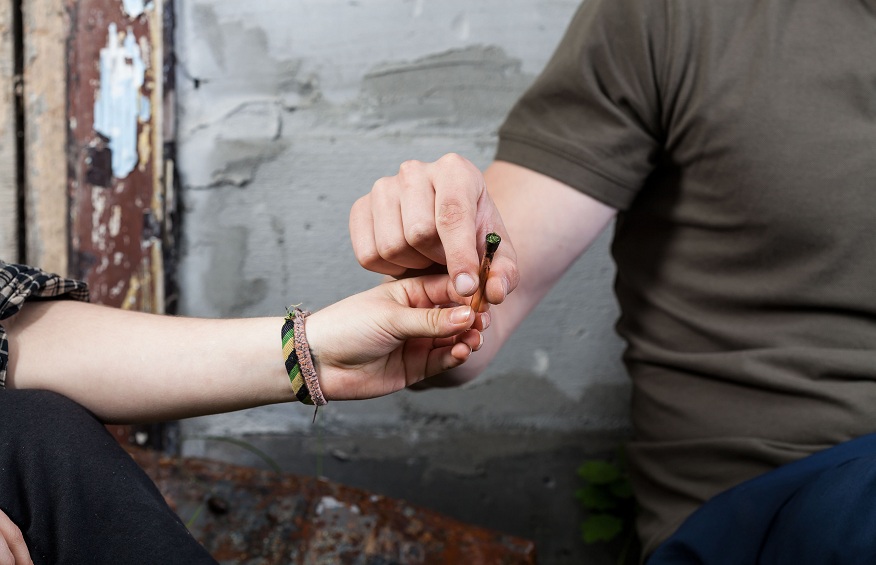Delta-8 THC was all the rage when it first made it to market a couple of years ago. Often referred to as ‘diet weed’ or ‘THC light’, delta-8 products can be used as a substitute for marijuana. Apparently, that’s exactly what’s happening in America’s high schools. A recent study clearly demonstrates that delta-8 is a big hit with high school seniors.
Anyone concerned about alcohol and marijuana consumption among teenagers should be equally concerned about the emerging delta-8 problem. Likewise for people who are convinced that teen vaping is one of the biggest substance-related issues facing modern culture.
Delta-8 by the Numbers
The study in question analyzed data from the annual Monitoring the Future survey designed to gauge the attitudes and behaviors of America’s adolescents and young adults. It surprises every year. This year is no different. It shows an alarming use of delta-8 among high school seniors in 2023.
Here are some of the more alarming statistics from the study:
- 4% of high school seniors reported using delta-8 within the previous year.
- 1% reported having used delta-8 at least three times.
- 4% reported having used it at least 10 times.
- 17% reported using delta-8 at least 40 times.
Rounding things out, 91% also reported having used marijuana within the last year. Regardless of how you feel about alternative cannabinoids and recreational marijuana for adults, it is hard to argue that the numbers from this study are alarming.
Why It’s a Problem
If you’re not clear on why any of this is a problem, first consider delta-8’s origins. Delta-8 is an isomer of delta-9 (‘normal’ THC) and a naturally occurring cannabinoid found in marijuana plants. But a typical plant does not yield enough delta-8 to make it worthwhile. So manufacturers synthesize delta-8 from CBD.
Here is the problem: there is no way to know how a particular manufacturer does what it does. There is also no way to know just how safe synthesized delta-8 is because it isn’t being tested.
Immediate safety concerns aside, delta-8 is psychoactive. It doesn’t produce a high as intense as delta-9, but it produces a high nonetheless. There are genuine concerns that what we know about delta-9’s impact on developing brains also applies to delta-8. Making delta-8 legal and accessible through sales of CBD products doesn’t make a whole lot of sense.
Marijuana and Developing Brains
Our culture has largely accepted the idea that marijuana is harmless to adults. Whether this is true or not, there is ample scientific evidence suggesting that it is unsafe for developing brains. That is why states like Utah don’t even allow minors to use medical cannabis except under extraordinary conditions.
According to Salt Lake City’s Beehive Farmacy, parents or guardians wishing to treat children suffering from qualifying medical conditions must petition the Compassionate Use Board in order to obtain a medical cannabis card for the child in question. Without a card, it’s a no-go.
We are gradually learning more about the negative impacts of delta-9 THC on adolescent and teen brains. And quite frankly, what we have learned does not look good. It is time we be proactive by taking the steps necessary to keep delta-8 and other alternative cannabinoids out of the hands of kids until we figure out any potential threat they pose.
Legal Right Now
Delta-8 is fully legal in most states right now, primarily because it is sold as a CBD product. That could be fueling a rise in teen consumption as demonstrated by the recent study. And if that’s the case, we need to rethink delta-8’s legal status.



